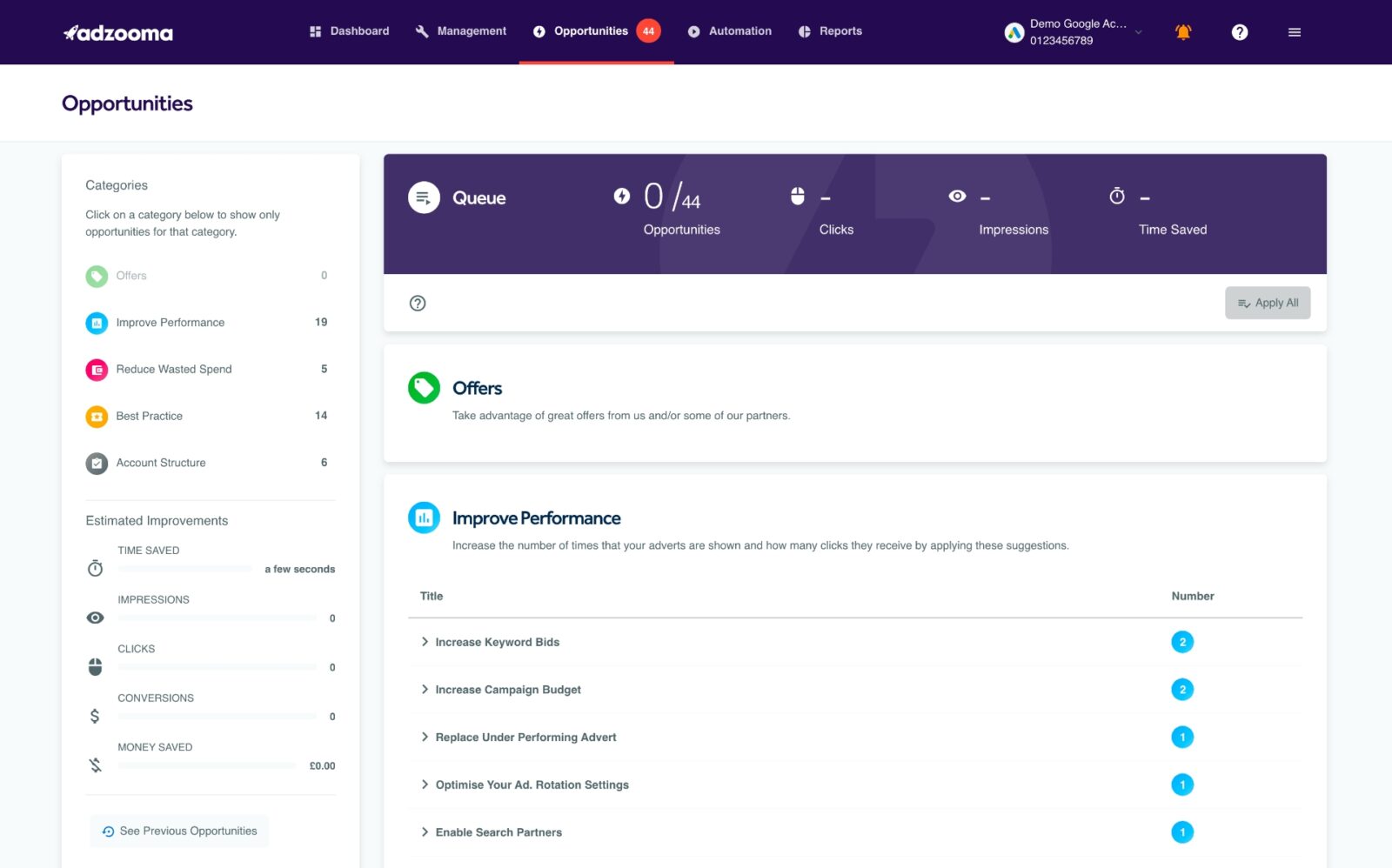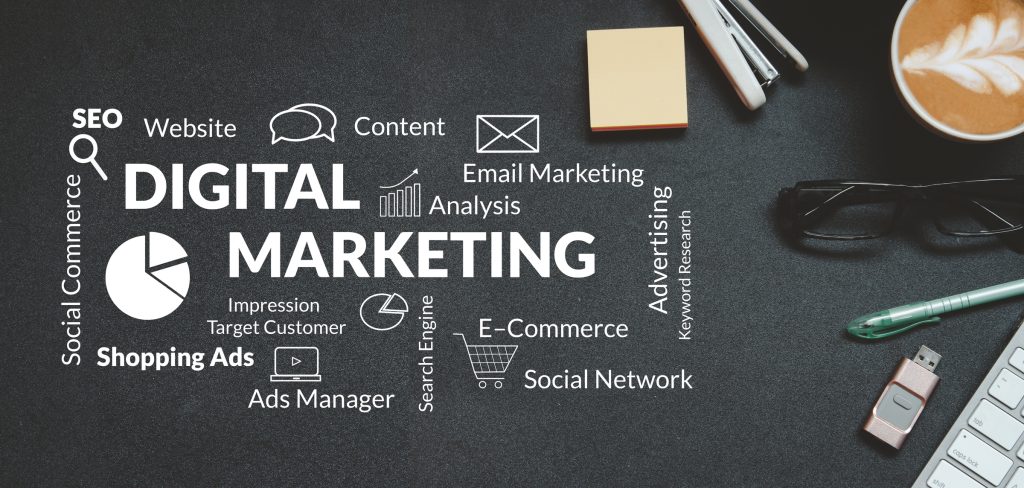This post was sponsored by Adzooma. The opinions expressed in this article are the sponsor’s own.
Managing paid campaigns is a lot like driving a car: starts off overwhelming, but quickly becomes fun and second nature.
The key to unlocking PPC account management is getting your workflow down, but there are some common pitfalls:
- Analysis Paralysis.
- Using the wrong metrics to guide optimization efforts.
- No testing.
- Doing everything manually.
Want to avoid these pitfalls and optimize your PPC workflow?
This article will show you how. The secret is looking at paid campaigns holistically.
Overcome Analysis Paralysis
Analysis paralysis is the inability to act for the good of the account due to fear of not enough data. It often stems from not having confidence in the amount/validity of one’s data.
Learning periods for campaigns take 7-14 days in the best circumstances:
- You trust your conversions.
- Budgets and bids aren’t limiting volume.
- You aren’t in a restricted industry..
If your campaigns have been running for at least that long, you likely have some data to go on. Some brands will have less data due to budget/scope of the campaign, and so long as you have at least 1,000 impressions, you should be able to act.
On the flip side, you don’t want to get into the habit of making too many changes. Campaigns need their learning period. Day-to-day performance often leads to false positives/negatives.
Consider scheduling a once per week “check-in” on your campaigns to audit them for success/opportunities to improve.
Use The Right Metrics To Guide Optimization
Understanding what’s happening in your campaigns is the key to confidently owning your workflow.
Metrics can be divided into:
- Directional: You need to go do a thing based on it.
- KPI: This metric directly impacts campaign and business success.
- Vanity: Nice to have/know, but ultimately not incredibly important to action or success.
Depending on the campaign objective and ad channel, certain metrics will change categories.
For example, a search campaign is more focused on conversions/impression share/CPA against customer value, whereas a display campaign is more focused on impressions/brand lift/audience cultivation.
It’s important to factor in benchmarks for each channel. The CTR on a video campaign should be lower than a search campaign, whereas the CPC should be higher on the search side.
Build In Profitable Testing
Testing will always pose a certain degree of risk. Not testing will lead campaigns to stagnation and eventual entropy.
Tests need to have controls and variables. Once you decide what you’ll be testing, be sure you’ve set success and fail measures.
Success measures and the strategic goals of a campaign should be agreed upon across your team. If the goals constantly shift to accommodate new initiatives, you won’t be able to run a meaningful test.
Ensure that you’ve budgeted in at least one to two months for your test (traffic dependent). It’s unreasonable to ask a smaller brand to get 10,000 sessions in a 30 day period, just as it would be irresponsible for a larger brand to call a test after 1-2 days. Benchmark how long to run your test against how much traffic is normal for your brand.
Pick a major campaign component per quarter and stick to that variable. If you’re testing creative, be sure landing pages and campaign structure is the same. Campaign structure changes should have consistent creativity.
Automate Boring Work
The biggest area to improve your PPC workflow is automating tasks that you don’t enjoy or take too long to complete. Automating these tasks will free up time to focus on more profitable activities.
Adzooma’s Opportunities and Automations can help you quickly and profitably manage your Google and Microsoft bids, keywords, and ads.
Opting into native advertising automations (smart bidding, auto-applied creative, etc.) can save time and improve performance. They also can lead budgets/brands astray so it’s important to confirm conversion tracking is working before turning native automations on.
Screenshot from Adzooma, Opportunities, October 2021
Takeaways
Creating the best PPC workflow takes time. It is as much art as it is science.
While there are some standard best practices you can implement, a lot will come down to understanding how you process information and which tasks are best suited to you.
Best practices:
- Build in time for the learning periods in all campaigns you launch or adjust.
- Don’t get sucked into day-to-day analysis, which can lead to false positives or negatives.
- Automate tasks you don’t enjoy or don’t have time for, so your mind can focus on strategically more valuable tasks.
It may make sense to build tools like Adzooma into your PPC workflow or to manually coordinate.
___
by Adzooma
source: SEJ









